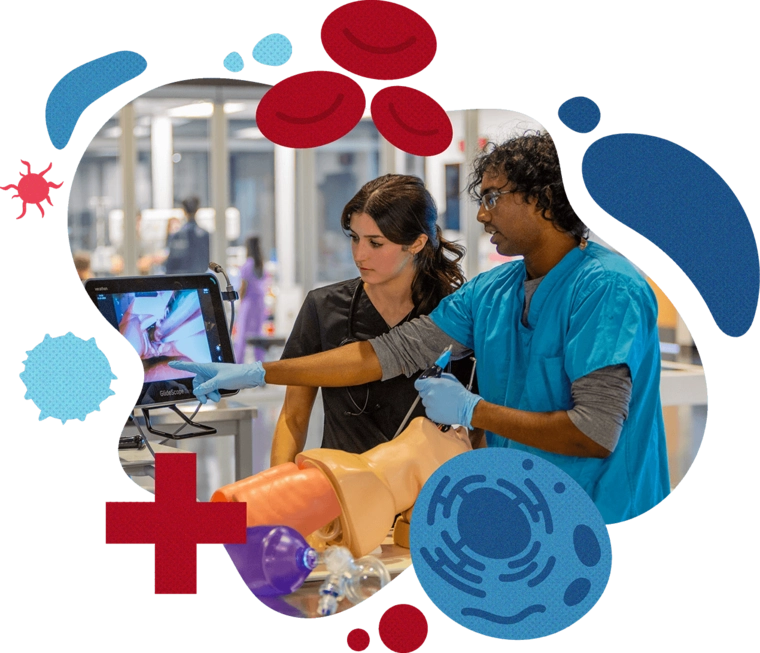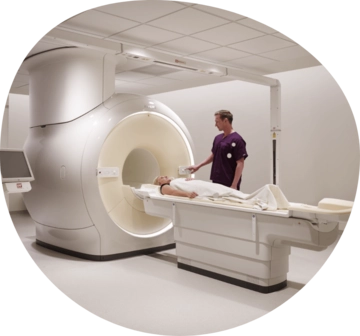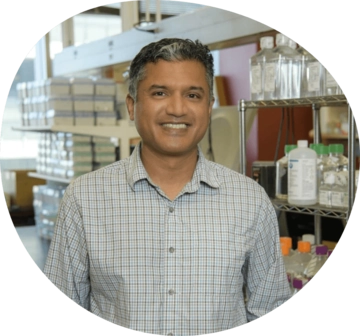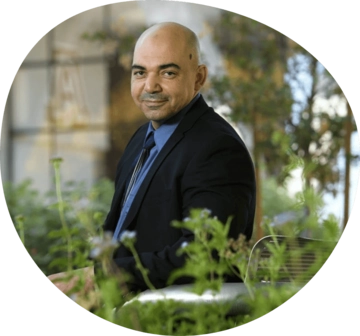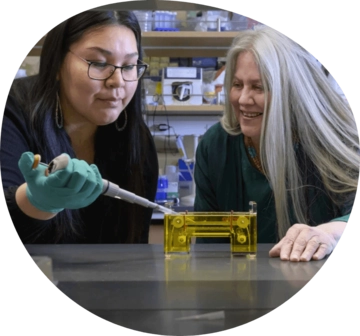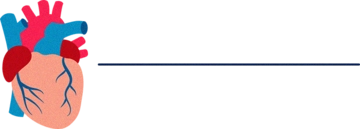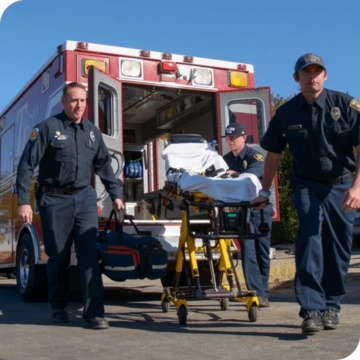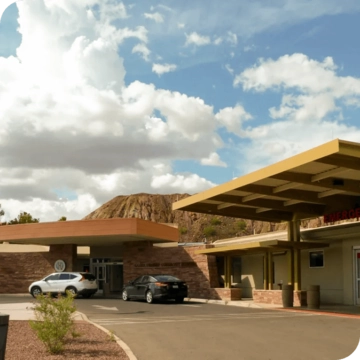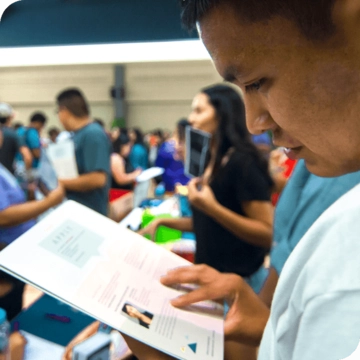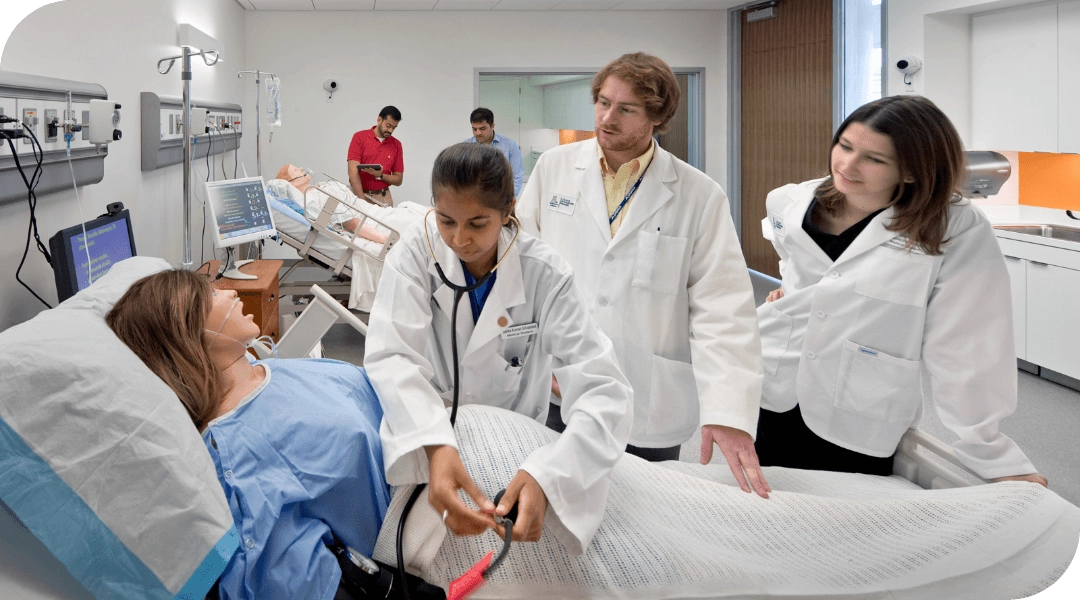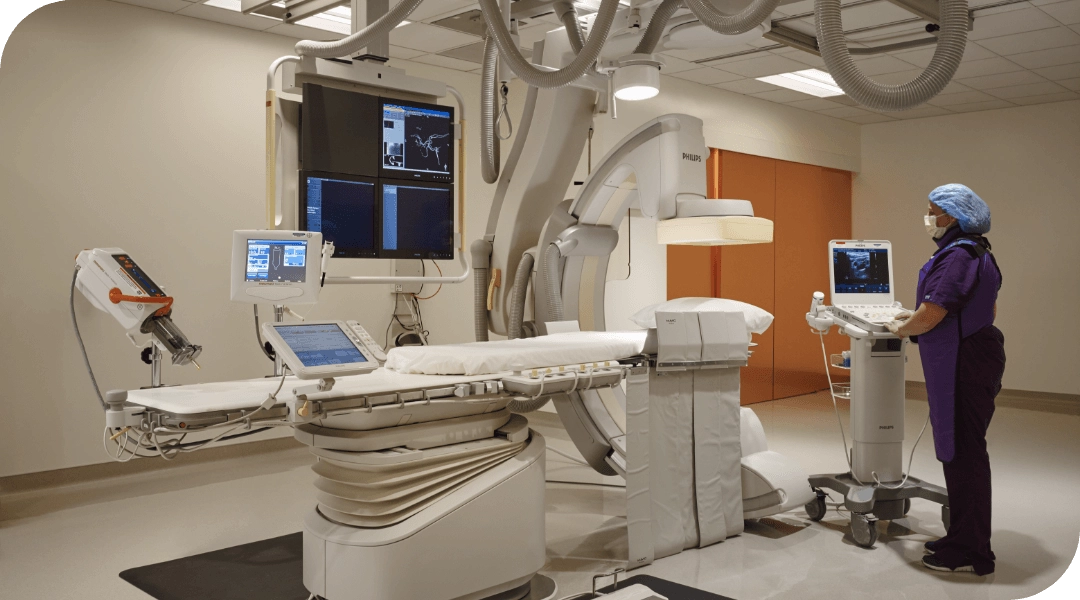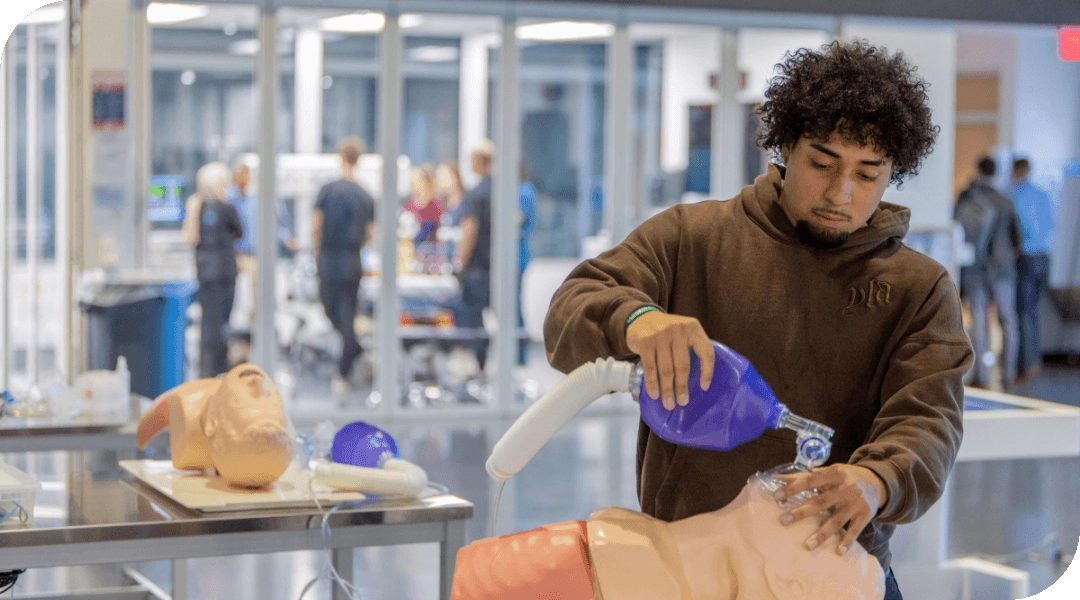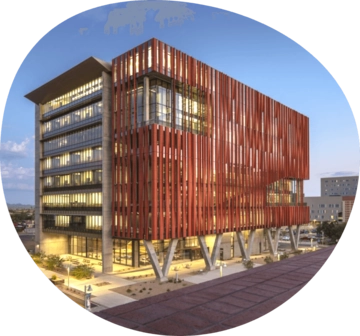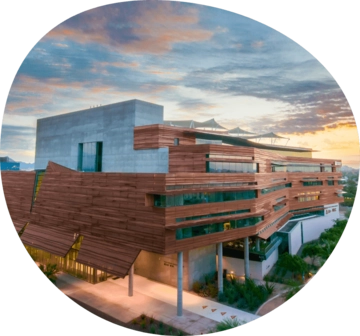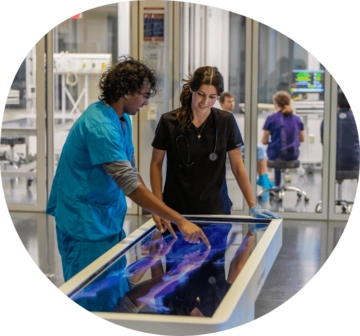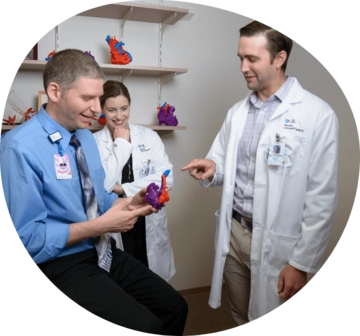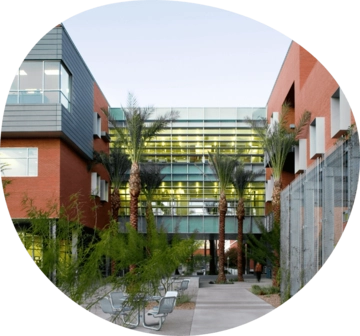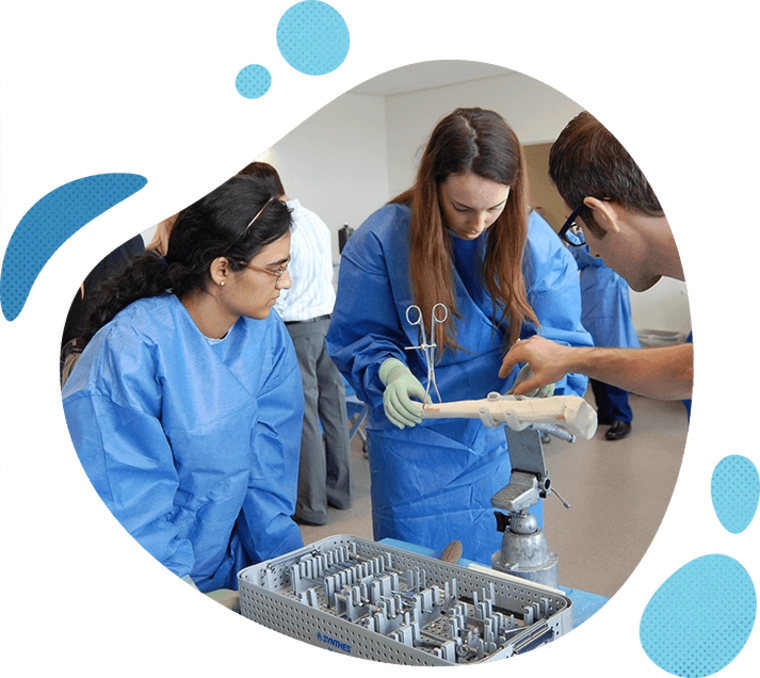
.
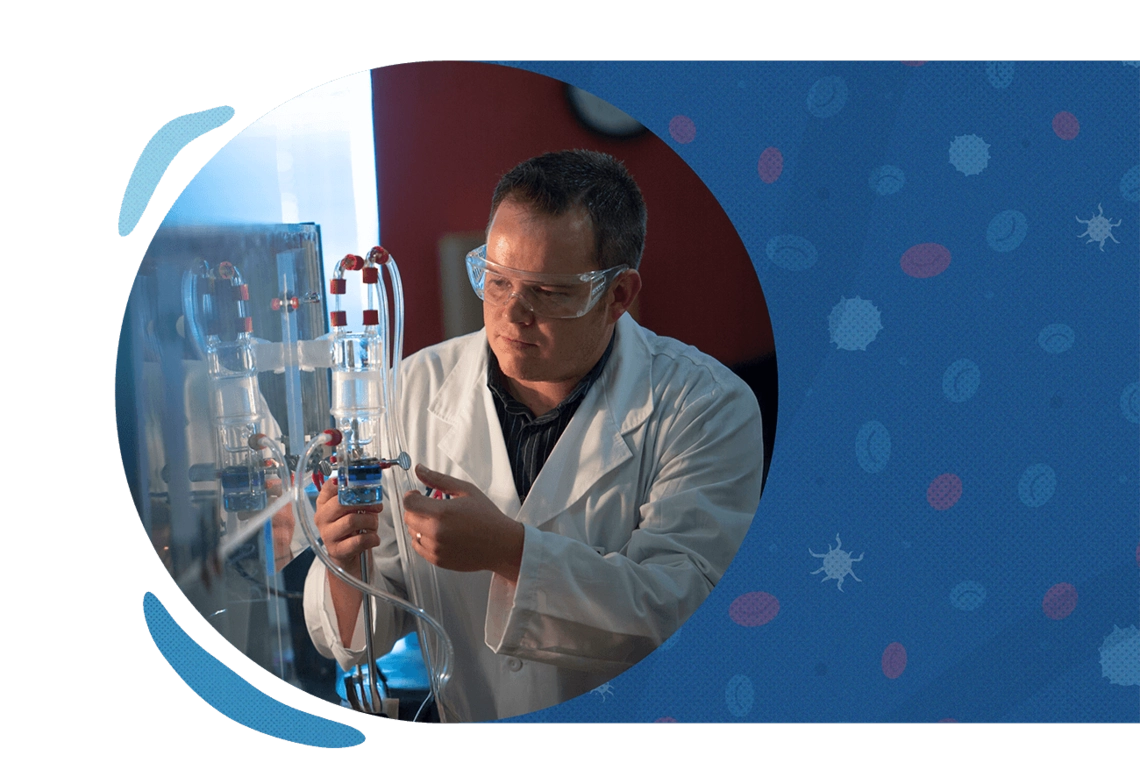

Research With Impact
At the University of Arizona, bold ideas begin with passionate people. From advancing non-opioid pain treatments to improving mental health outcomes and public health policy, our researchers are developing bold, data-driven solutions that are improving lives in Arizona and shaping the future of care worldwide. Meet the people who are making a difference – one breakthrough at a time.
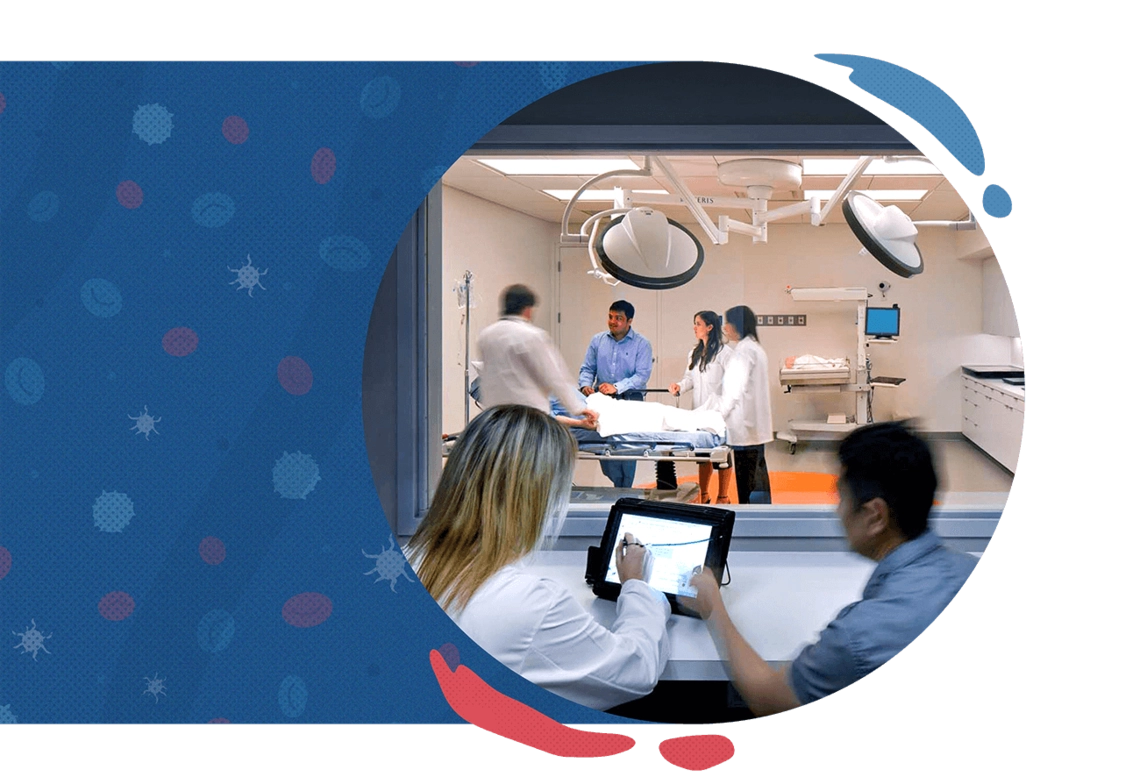

Transforming Healthcare in Arizona – and Beyond
The University of Arizona established the state’s first pharmacy school in 1947, laying the foundation for innovations in health sciences education, pioneering research discoveries and transformative care. Wildcats have had a profound impact on the course of health history.
“People who struggled with basic sentences before treatment were writing meaningful, grammatically correct sentences after.”
— On breakthrough language disorder therapy

Engagement With Our Communities – Impact That Starts Local
As Arizona’s land-grant university, the University of Arizona is committed to serving the state and its people. That means training health professionals who stay in Arizona, launching service-learning programs, and embedding research and clinical support in the communities that need them most.
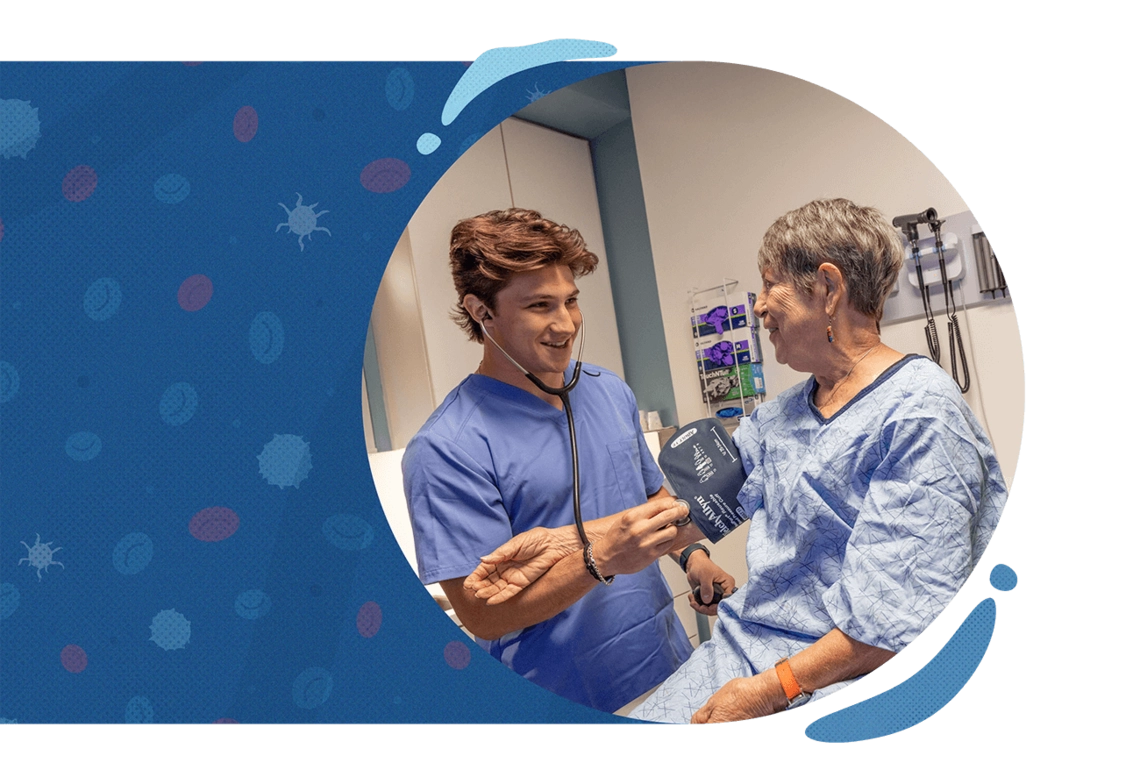

Success for Every Student
Whether you’re called to clinical care, public health, research, or policy, the University of Arizona offers real-world experience at every step. Here’s how Wildcats turn passion into impact.
"We’re targeting cognitive symptoms to prevent further degeneration from occurring. By going down the protective route, we can hopefully prevent cognitive decline from continuing."
— On treating cognitive decline or dementia in Parkinson’s disease

Five Colleges. Endless Health Pathways.
From molecular science to mental health, the University of Arizona’s five health-focused colleges are preparing the next generation of healthcare leaders.
